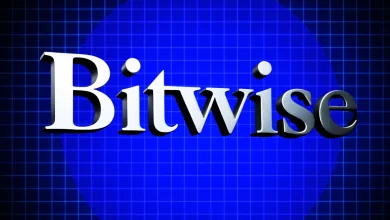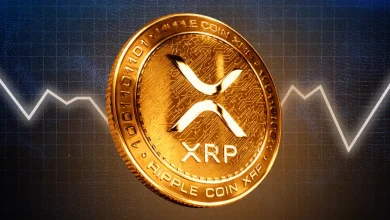
Class-action lawsuit filed against Kroll over data breach exposing creditor information.
FTX creditors face daily scam emails amid ongoing recovery efforts.
Lawsuit seeks compensation and improved claim handling
FTX creditors have lately been facing a lot of uncertainty and risk as they try to recover their funds after the exchange’s collapse.
Recently, a class-action lawsuit has been filed against Kroll, the financial and risk advisory firm responsible for managing claims for FTX, BlockFi, and Genesis.
Let us take a closer look at what the lawsuit alleges and what it could mean for creditors.
Lawsuit Highlights Phishing Risks
The lawsuit, filed by Hall Attorneys on behalf of FTX customer Jacob Repko and others, is over a data breach in August 2023. It claims that the breach has exposed crypto creditors’ personal information, leaving them vulnerable to phishing attacks and other scams.
Kroll had confirmed that no FTX passwords or digital assets were affected, but it had warned that the data could be used in phishing scams.
Kroll’s Email-Only System Creates Problems
Beyond the breach, the complaint highlights serious issues with Kroll’s reliance on email to manage claims. The filing argues that this system created problems such as:
- Missed deadlines due to unreliable email notifications
- Delays and lockouts caused by compromised verification processes
- Financial losses for some creditors
Plaintiff Repko reported losing 1.9 ETH in a phishing scam after the breach. He also faced repeated issues with the claims portal, including KYC blocks and problems uploading tax forms that put his claims at risk of being forfeited.
Creditors Demand Stronger Protections
The lawsuit is not just seeking compensation for phishing attacks, delays, and lost claims; it is also pushing for real changes in how creditors are notified and claims are handled.
Key demands include multiple notification methods, clear status-update letters with deadlines, non-gated manual claim options, tighter address-change controls, deliverability safeguards, and independent audits.
“After a known security incident and impersonation wave, you can’t run deadlines on email only and offer no mailed confirmations or manual fallbacks,” Nicholas Hall said.
He also shared that all creditors, both in the U.S. and the Bahamas, are encouraged to participate.
Court Approval Could Impact Compensation and Processes
If the court certifies the case and approves a settlement or judgment, eligible creditors could receive financial compensation as well as benefit from operational changes at Kroll.
Meanwhile, FTX activist Sunil Kavuri recently shared that creditors are now getting scam emails every day, pretending to be from FTX in the Bahamas.
FTX Payouts Begin Sep. 30
This comes as FTX prepares its third round of reimbursements, set to begin on September 30, totaling $1.9 billion.
While these payouts help creditors recover their funds, they could also trigger a spike in scam emails. Creditors should remain vigilant and stick to official channels.
The payouts will be made through BitGo, Kraken, and Payoneer.
Never Miss a Beat in the Crypto World!
Stay ahead with breaking news, expert analysis, and real-time updates on the latest trends in Bitcoin, altcoins, DeFi, NFTs, and more.
FAQs
A class-action lawsuit alleges a Kroll data breach exposed creditor info, leading to phishing scams and criticizing its flawed email-only claims system.
Creditors report daily phishing emails impersonating FTX, especially after the Kroll breach, attempting to steal information and recovery funds.
Creditors face missed deadlines, portal lockouts, and financial losses due to Kroll’s unreliable, email-only notification and verification system.
Trust with CoinPedia:
CoinPedia has been delivering accurate and timely cryptocurrency and blockchain updates since 2017. All content is created by our expert panel of analysts and journalists, following strict Editorial Guidelines based on E-E-A-T (Experience, Expertise, Authoritativeness, Trustworthiness). Every article is fact-checked against reputable sources to ensure accuracy, transparency, and reliability. Our review policy guarantees unbiased evaluations when recommending exchanges, platforms, or tools. We strive to provide timely updates about everything crypto & blockchain, right from startups to industry majors.
Investment Disclaimer:
All opinions and insights shared represent the author's own views on current market conditions. Please do your own research before making investment decisions. Neither the writer nor the publication assumes responsibility for your financial choices.
Sponsored and Advertisements:
Sponsored content and affiliate links may appear on our site. Advertisements are marked clearly, and our editorial content remains entirely independent from our ad partners.







